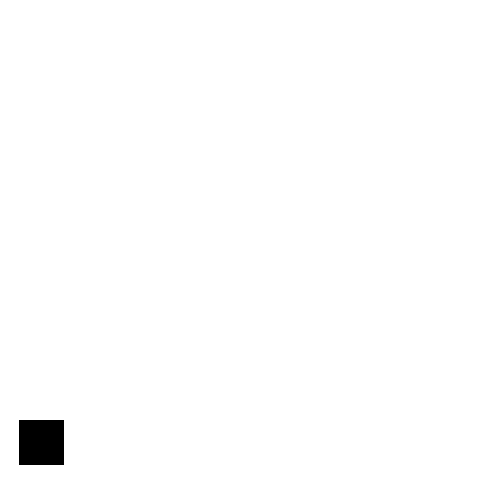

Instructor: John Perry
Office: Southern Hall, 310
Office Hours: MTWThF 1-3p
Office Phone: 601⋅266⋅4293
Email: john.perry@usm.edu
Instructor's web page: http://www.math.usm.edu/perry/
Class web page: http://www.math.usm.edu/perry/mat421sm13/
Class meeting time and location: 3-5⋅10p TTh, SH 303
Course Description: Induction, well-ordering, division algorithm, Euclidean algorithm, Fundamental Theorem of Arithmetic, number theoretic functions and congruences.
Prerequisite: MAT 326 (Linear Algebra I) and MAT 340 (Discrete Mathematics). These prerequisites constitute necessary preparation for the course; if you lack either you are at a tremendous disadvantage.
Grading: The semester grade will be determined by a weighted average, according to the weights listed below.
| Tests | 40% of total |
| Homework | 40% of total |
| Reading quizzes | 10% of total |
| Participation | 10% of total |
Participation points: To earn the full credit for participation in this classe, you must earn 100 points. Earning fewer than 100 points will be pro-rated: so, earning only 76 points earns you 76% of the grade, which means that your final grade is penalized 2.4%. You earn participation points by doing certain things in class; for example,
Late Assignments: Any assignment turned in past the specified due date and time will receive a grade lowered by ten percent for each school day late.
Makeup work: I do not give makeup tests/quizzes/etc. without an excused absence. If you must miss class, then you must also produce documentation of the reason for your absence. If you were sick, you can show me the receipt from the hospital or doctor; if you had a sports event, you can show me the schedule; if someone died, you can show me an obituary notice; if the tire on your car blew out, you can show me the receipt from the mechanic. Final Exam Date:Language and behavior: I do not tolerate profanity or rude behavior. You are free to express any opinion you choose, but you must do so in a manner that conforms to the formal, respectful setting of a classroom lecture. Mathematicians value the ability to reason and to solve problems, not the ability to inflame passions or to express oneself colorfully.
Mobile phones: I expect you to turn your phone off once class begins, and to leave it off. If you absolutely must use the phone, please step out of class, take care of business, then return. If you use the phone in the class, I will ask you to leave. If you do not comply with this request, you will forfeit the next test. If you use the phone during a test, even as a calculator, you will forfeit the test.
Note: The last day to drop a full-semester course without academic penalty is Friday, 21 June.
|
ADA Syllabus Statement If a student has a disability that qualifies under the American with Disabilities Act (ADA) and requires accommodations, he/she should contact the Office for Disability Accommodations (ODA) for information on appropriate policies and procedures. Disabilities covered by ADA may include learning, psychiatric, physical disabilities, or chronic health disorders. Students can contact ODA if they are not certain whether a medical condition/disability qualifies.
The University of
Southern Mississippi |